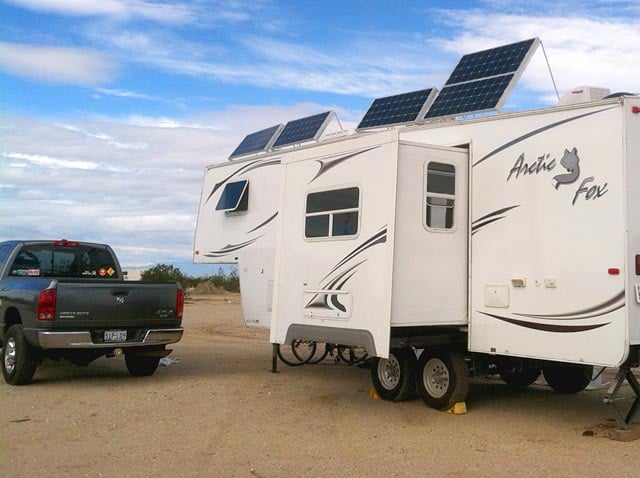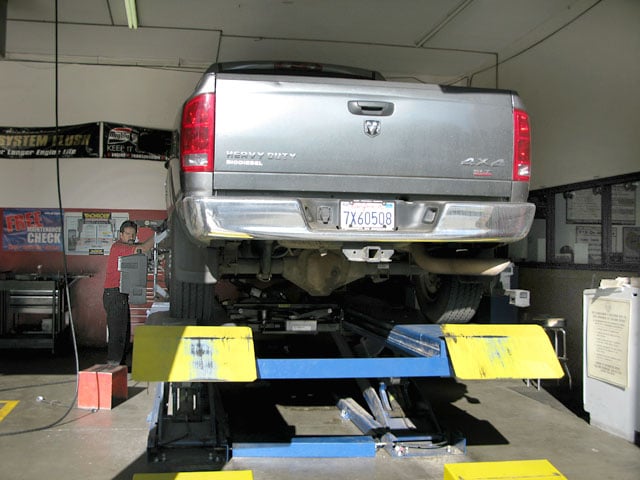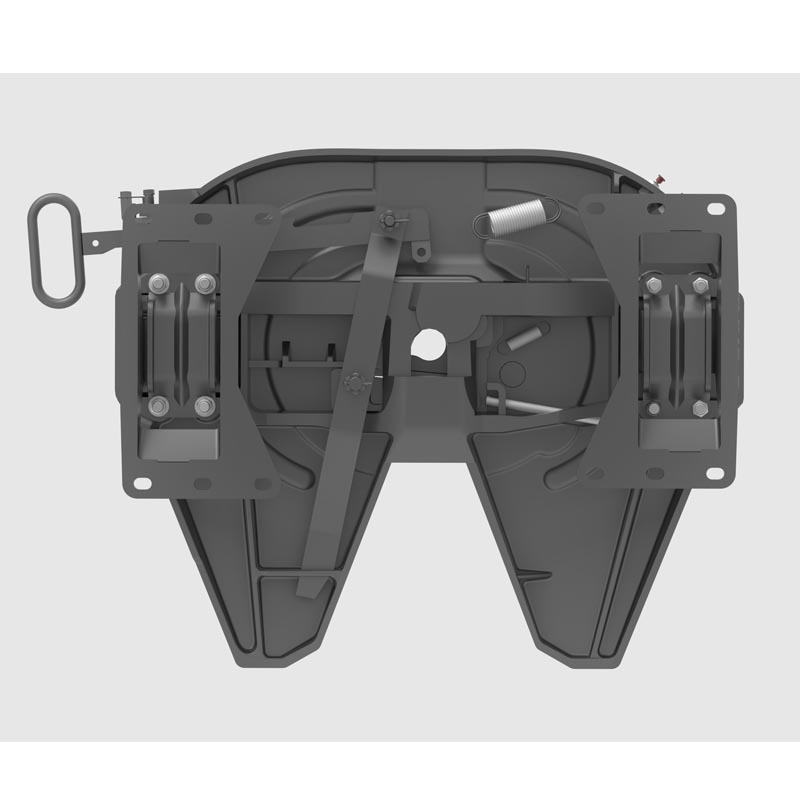Apr . 26, 2024 15:59 Back to list
Pros & Cons Of Full-Time RVing In A Fifth Wheel Fifth Wheel

What’s the Best RV for Full-Time RVing?
All RVers have their own opinion about the best kind of RV for full-time RVing. As a towable owner, I’ve discovered that full-time RVing in a fifth wheel has pros and cons of its own. Yet after fourteen years of traveling, living, and working in a fifth wheel, I’m still in love with this RV type. Here’s why.
My Pros of full-time RVing in a fifth wheel
As you’ll see below, I have a hard time coming up with the cons of full-time RVing in a fifth wheel. But when it comes to the pros, my list is long. After owning two fifth wheels by the same manufacturer, here’s what I love the most about full-time RVing in a fifth wheel.
High quality JSK casting fifth wheel 37C
Towable RVs cost less to own.
With only one vehicle engine to maintain, the cost of full-time RVing in a fifth wheel is lower than motorized RVs. The cost of ownership for our Dodge RAM 2500 that pulls our Arctic Fox fifth wheel is in line with NADA Guides and far exceeds trailer maintenance costs. But those costs still can’t compare to the much higher expense of full-time RVing in a motorhome and tow vehicle. Our fifth wheel trailer insurance and registration also costs less than a motorized RV policy.
If your engine needs work, your home stays in the RV park.
When you live on the road, a vehicle repair can upend your plans and generate unwanted stress. But on those rare occasions when our Dodge RAM needs to visit a diesel repair shop, we are grateful that our home can stay put. Sure, there’s the hassle of getting to and from the shop without a second vehicle, but we always find a way to make it happen. From shop courtesy vehicles to ride shares to our bicycles, getting around hasn’t been a huge full-time RVing hassle.
Fifth wheels have more interior living space.
Take away the driving cockpit and steering wheel of a motorized RV and you’ve got the closest thing to living in a sticks-and-bricks house. Step inside and you’ll see very little features reminiscent of a rolling home. I feel that the increased interior living space in fifth wheel interiors leaves more room for features like kitchen islands, propane fireplaces, and larger bedrooms.
As a bonus during summer, fifth wheel occupants aren’t subjected to the hot greenhouse effect created by motorhome windshields. And while my fifth wheel doesn’t have a ton of basement storage space, the largest models also have basements that rival compartments found in large motorhomes.

My cons of full-time RVing in a fifth wheel
Honestly, I can’t think of too many obvious downsides of living in a fifth wheel trailer. I had to dig deep to find things I don’t like about a towable home, such as:
You’ll need an expensive, heavy duty truck to pull it.
A handful of ultralight fifth wheel trailers can be towed by a capable half-ton truck, but the majority of fifth wheel models need heavy duty trucks weighing ¾ ton or more to safely pull them. Unfortunately, whether you buy a new or used Dodge, Chevy, or Ford, heavy duty trucks are the most expensive on the market.
As a consequence of fifth wheel truck requirements, the chicken-and-egg scenario often occurs when people want to purchase a fifth wheel trailer. Do you buy the truck first? Or the fifth wheel? Can you even afford both? In our case, we purchased our used Dodge RAM 2500 first, then found a fifth wheel it could tow without exceeding the gross vehicle weight ratio (GVWR). We love our truck, but the downside of buying this size is that now we cannot purchase a bigger, heavier fifth wheel trailer without upgrading our truck too.
Fifth wheels don’t feel as solid as a motorhome.
On rare occasions I get motorhome envy. It usually occurs when hanging out inside a friend’s motorhome. As people walk around inside, I immediately notice that the motorhome doesn’t feel bouncy when occupants are moving around. Aside from the heaviest, largest fifth wheel trailers I’ve been inside, the lack of four wheels on the ground makes fifth wheels more prone to shaking and rocking from occupants and threatening high winds.
Fifth wheels depreciate faster than all RVs.
I’ll be honest. We didn’t even consider the depreciation factor when we purchased our first or second trailer. It was enough for us to go with hearsay that Northwood Manufacturing towables hold their resale value better than most. Only this year when researching the most surprising RV costs for this publication, did I discover that fifth wheels have the fastest depreciation rate of all RVs!
If you are just testing the waters of full-time RVing, there may come a time when you’re ready to sell your RV. Whether your ideal full-time RVing vehicle is a fifth wheel, bumper-pull trailer, motorhome or van, putting some thought into your future RV’s resale value is a smart move before you buy.
Everyone’s “best RV” is different
Through the years, many people have asked me “What is the best RV for full-time RVing?” After all this time, I still don’t have an answer. But what I can tell them is this: full-time RVing in a fifth wheel pros and cons are many.
However, a fifth wheel is still the best RV for my full-time RVing lifestyle. Everyone else needs to discover the answer on their own. The only way to find out is to take a leap of faith and just do it!
-
Why Are Specialized Components Crucial in Commercial Vehicle Maintenance and Operation?
NewsJul.28,2025
-
Why Are Fifth Wheels Critical for Trucking and How to Select the Right One?
NewsJul.28,2025
-
What Defines the Excellence of American Trailer Components in Key Markets?
NewsJul.28,2025
-
What Defines the Excellence of American 5th Wheel Systems and Their Market Offerings?
NewsJul.28,2025
-
How Do 5th Wheel Trailers Redefine Towing and Living Standards?
NewsJul.28,2025
-
How Do 5th Wheel Systems Enhance Commercial Hauling Efficiency and Versatility?
NewsJul.28,2025

